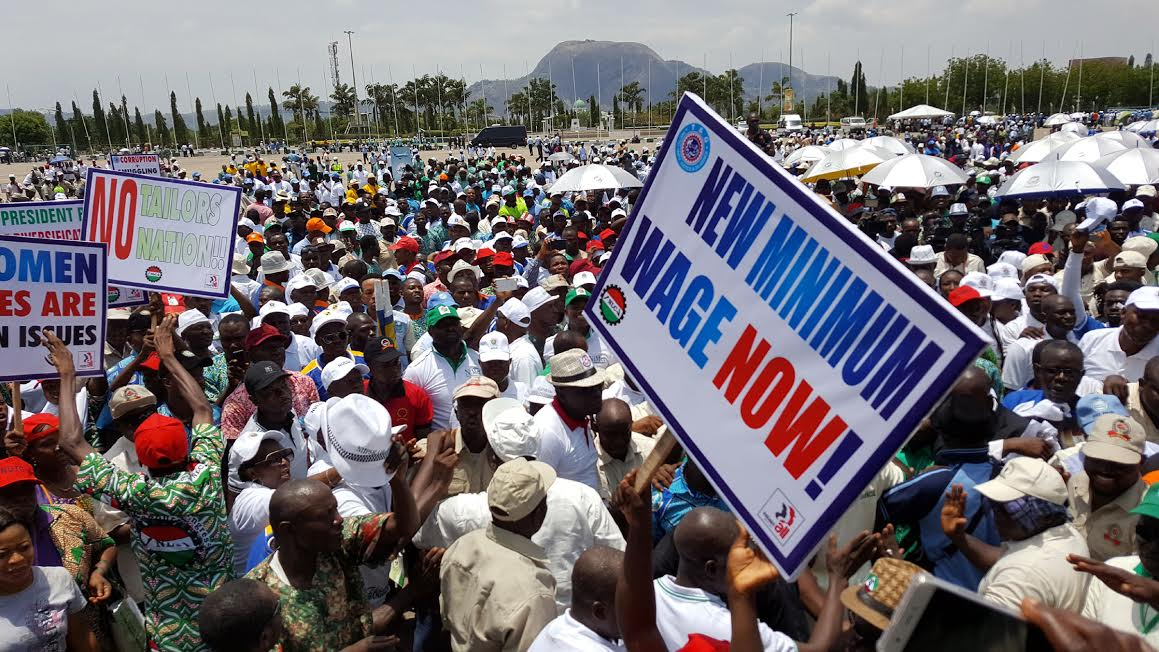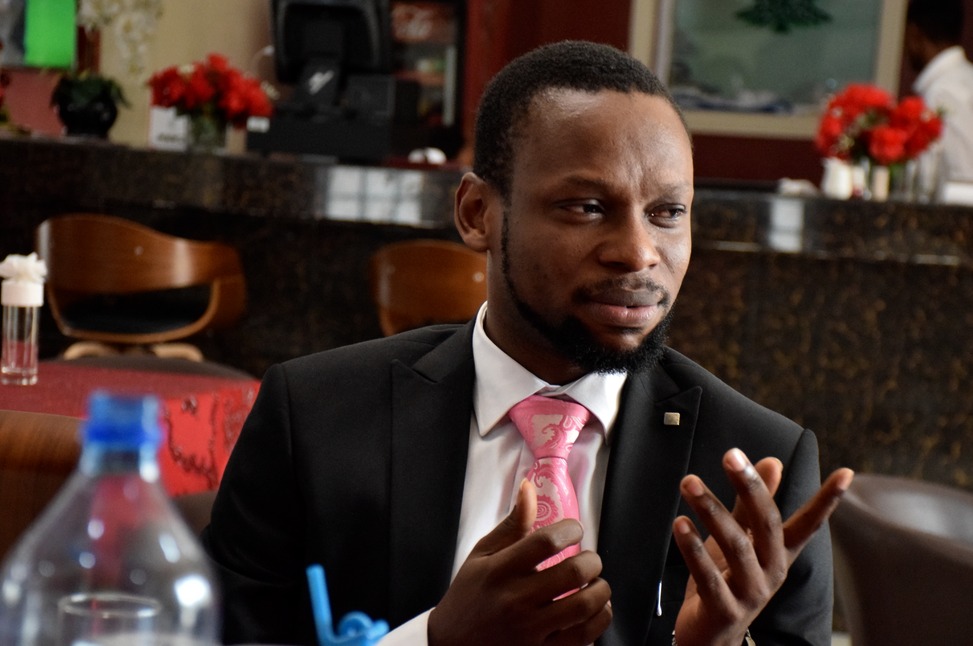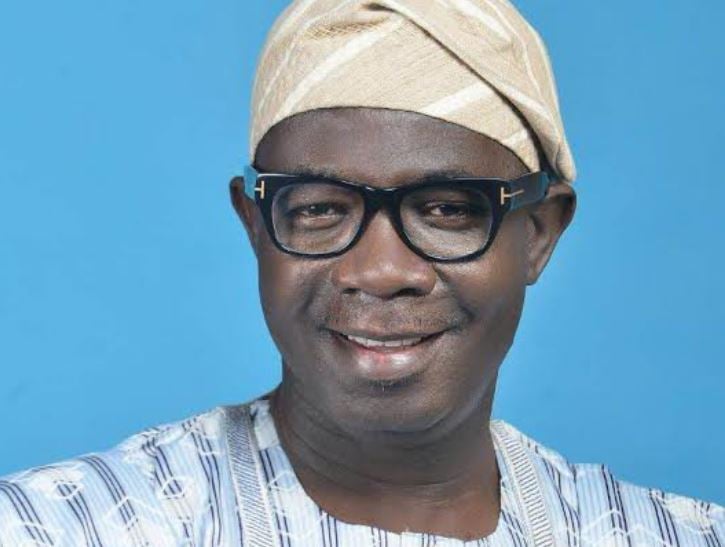BY EMMANUEL ADO
“No nation develops beyond the capacity of its public service.” – Nasir el-Rufai
Several studies by multilateral institutions have clearly established that “individual investment projects are less likely to succeed in a distorted policy environment and that neither good policies nor good investments are likely to emerge and be sustainable in an environment with dysfunctional institutions and poor governance.” It follows that if the purpose of governments at all levels is development and reduction of poverty, then reforms and strengthening of the vital institutions of government, that will ensure effective performance are important,most especially at the level of the Local Government Councils,which Robert W. Flack describes as the “foundation of democracy.”
According to the World Bank Bank Report: Attacking Poverty, “Poorly functioning Public Sector institutions and weak governance are major constraints to growth and equitable development in many developing countries”. This Report and the critical importance of “well performing” public institutions, especially the Local Government Councils – which is closer to the people, justifies the surgical reforms that Nasir El-Rufai , the Governor of Kaduna State out of necessity subjected the twenty three (23) Councils of Kaduna State to, at the outset of his administration, in spite what some armchair political analysts thought would “kill” his political career by embarking on a “second term” project in his first.
Advertisement
Unknown to Nigerians is the fact that El-Rufai was compelled to embark on the reforms,because the Caretaker Chairmen who had identified the problem in the first place refused to act ,due to fears that the critical assignment would truncate their political career. By 2015 at least 15 of the 23 local governments of the state were bankrupt. The effect of this was that they couldn’t pay salaries without the support of the state government,nor were they able to execute projects that would impact on the lives of the people. And the simple reason was because they were scandalously over staffed, for instance the administrative department of the Zaria Local Government had over 300 staff,before the reform. The story of Zaria Local Government was similar to that of the other local governments,with the exception of Birnin Gwari and Igabi councils that were financially stable,but could do with a trim staff.
Like all Reforms, that of the local governments certainly had its pains,but the surgical reform was clearly necessary and urgent,which if the state government had further delayed, would have led to hemorrhage,and eventual collapse of the Local Government system. The Councils which were already over staffed, to worsen their situation were also saddled with catering for about 5,882 Village Heads,from 1,429 and 390 District Heads from 77. Had the Kaduna State Government not assumed full responsibility for the 33 Chiefs and Emirs,they would have experienced first hand the scandal of delayed wages that their District,Village and Ward Heads suffered in the hands of the councils and most certainly the obituary of the Councils. The stark choice before El-Rufai was reform and survive or refuse to and stagnate.
It is against this background that the much criticized reforms of the Kaduna State Local Government Councils by the State Government,which was in conjunction with the Local Government Councils must after one year be evaluated. Were the radical reforms necessary and have the expected outcomes been achieved? These critical questions moving forward, are important as the government formulates policies to deepen the reforms. El-Rufai whose constant line of questioning has remained – “are the councils better positioned today to deliver service to the people than they were before the reforms?”,deserves commendation for asking questions and maintaining his focus.
Advertisement
It’s to the credit of the El-Rufai administration that the reforms have actually over delivered in terms of its key objectives. First the restructuring has clearly reduced the burden of an over bloated payroll imposed on the councils. With a present total staff strength of about 6,732 workers,down from the previous scandalous 12,000 excluding primary school teachers and health workers and a more manageable traditional institution,the repositioned councils are finally delivering services to the people. By day, they are justifying their existence by embarking on multi- million projects ranging from earth dams for dry season farming to construction of roads. Jema’a, Kauru, Giwa, Makarfi, Kaduna North councils for instance have all embarked upon the construction of feeder roads,healthcare centers, markets etc, because each month after the statutory deductions, they have healthy reserves of N20 million and above which have enabled them to to embark on these projects.
The developmental strides of the councils justify the El-Rufai administration reform programme and its confidence that the councils can render service,if given the necessary support and their funds are not tampered with as in the case of Kaduna State. To further ensure their continued effective performance , the Kaduna State Government enacted the Local Government Reform Law (2017), which has made it mandatory for the councils to spend 60% of their revenue on capital development. The hope of El-Rufai,which doesn’t seem misplaced considering what they have so far achieved, is that they increasingly take up more of their constitutional responsibilities, like forest and waste management-as they strive to deliver the best possible outcomes for the people.
The law also makes participatory governance-the involvement of the people in the preparation, implementation and review of the development plan?a must. To avoid the recklessness of the past that brought them to their knees,they must adhere to the prescribed maximum establishment personnel which sets out their maximum staff strength. For instance while Kaduna-North Council, where no serious farming takes place,has been relieved of the burden of having an agriculture department,which it didn’t need in the first place, that of Lere local council a major farming area of the state has been strengthened.
El-Rufai , in deepening the reforms continues to put in place policies like the Local Government Fiscal Transparency, Accountability and Sustainability Programme, (LFTAS), as part of a comprehensive package of reforms to strengthen service delivery at the local levels. The LFTAS programme like the 2017 law,is to make them positioned to meet the aspirations and yearnings of the people. Under the LFTAS programme local government areas would be assessed based on the extent of citizens engagement in budget preparations, public procurement system, and how they tackle absenteeism and negative attitude to work. Once these structural reforms are deepened,the capacity of the local governments for effective service delivery and the promotion of development at grassroots would have been further enhanced.
Advertisement
The encouraging successes continually being recorded by the kaduna Councils is an unambiguous statement by the Kaduna State Government,that the blame for none performance constantly heaped on the constitutional framework,especially the lack of financial autonomy for their failure is misplaced, a classical case of a bad workman quarreling with his tools. The Kaduna reforms also confirms the penchant of Nigerians to chase shadows, rather than address the fundamentals. The Kaduna State Councils have shown what reformed councils can do with the constitutional latitude that they have and that the problem confronting them is not the lack of financial autonomy. Clearly, moving forward the strident campaign and clamor for constitutional amendment to make them “more effective” , should focus on tackling headlong the issues of over staffing, lack of capacity, poor revenue generation, corruption etc which are responsible for poor service delivery and the acceleration of the socio-economic development of the grassroots. Financial autonomy can’t make councils responsive,nor accountable,just as the hood doesn’t make the hoods.
Thankfully the very impressive results must have convinced the opponents of the reforms of the local government councils, that it wasn’t in any way the desire of the state government to subjugate the councils to its control, but rather a higher duty to society that they function effectively to the benefit of all. Like El-Rufai has rightly argued,while the State can not usurp the powers of the councils, it can remove “the impediments that hinder their performance”, which is precisely what the reforms have done to the benefit of all,including the state government which hitherto bailed them out and is no longer castigated for functions that constitutionally are that of the councils.
The amazing results coming out from Kaduna State,should encourage the other 35 state governments and the Federal Capital Territory (Abuja) to urgently subject their local government councils to surgical operations like the Kaduna State Government had done. The snag is – can they summon the necessary political will? Considering the huge benefits, they should summon the “animal courage” to do the needful. In kaduna State the political opponents of the governor who had threatened Governor Nasir El – Rufai with electoral consequences because of the reforms lost out, as the people showed political maturity and overwhelmingly bought into the reform agenda of the El-Rufai administration,which translated into the victory of the candidates of the All Progressives Congress(APC) during the local government and the 2019 general elections. And they roundly rejected the Peoples Democratic Party (PDP) that created the environment that made the councils unable to function as envisaged by the Fourth Schedule of the 1999 Constitution.
Moving forward responsibilities of local government councils are becoming much more complex and so has governance by the day. For instance computer literacy has certainly become a must for the leadership and workers. Just as thinking out of the box to attract funding is the way to go. Unknown to many is the fact that it is the glaring absence of capacity at the local government levels that led donor agencies to demand that primary healthcare centers be managed by the state governments and the introduction of the Primary Health Care Under One Roof policy. Officials must possess special skills and have deep understanding to solve critical problems facing their various communities. By the next election it is expected that the quality of candidates standing for councillors and chairmanship positions would have improved.
Advertisement
El – Rufai must be commended for not chickening out,despite the concerted onslaught and for an undiminished appetite for reforms that will promote a culture of participatory governance and accelerated development at the grassroots by creating an autonomous, adequately funded, transparent and responsible local government system capable of delivering service to the people. Gratefully, the benefits – greater capacity for service delivery and development are clearly manifest.
Postscript: It is very delightful that the Kaduna State Local Government Councils for the first time in ages,are not struggling to pay salaries and in fact while many states are still dilly dallying on the payment of the new National Minimum Wage, they have commenced paying the N30,000 which is an eloquent testimony to the success of the reforms.
Advertisement
Views expressed by contributors are strictly personal and not of TheCable.
Add a comment






